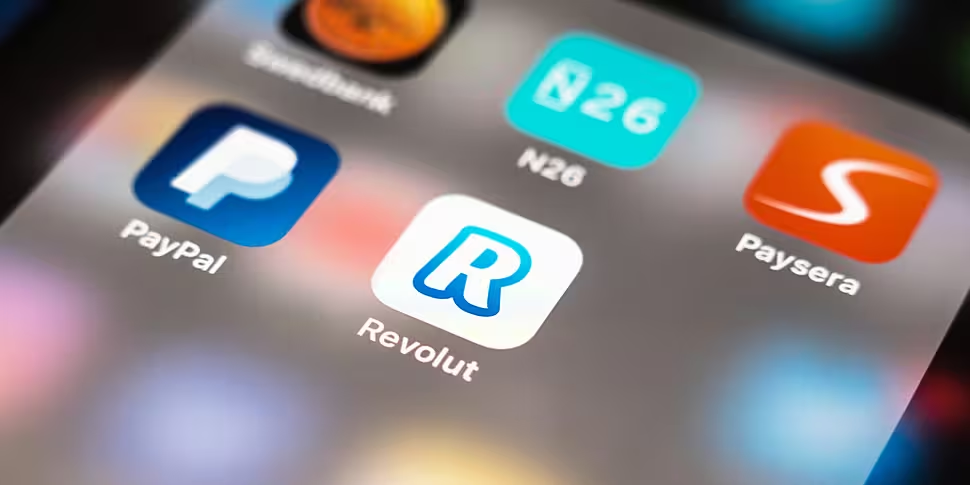It may have a “pretty naff” name but a new mobile payments app back by Ireland’s banks aims to claim back customers from Revolut.
Since arriving on these shores seven years ago, Revolut has gathered nearly two million Irish customers and the UK company is now expanding the services it offers to them.
In response, Ireland’s main banks have banded together to create the new mobile payments company – Synch Payments.
The joint venture by AIB, Bank of Ireland, Permanent TSB and KBC Bank Ireland will allow instant person-to-person payments through a new app called Yippay.
The venture got the green light from the Competition and Consumer Protection Commission (CCPC) last week – subject to certain binding commitments being met.
On Breakfast Business this morning, Irish Independent Personal Finance Editor Charlie Weston said Revolut has been “eating the Irish banks’ lunch” for the past seven years.
“They’ve really taken over, so the banks needed something to stop customers bleeding away from them,” he said. “Now they can offer them something similar.”
It’s got an awful name actually. Revolut is so popular it has been verbalised – my kids will say to me Dad will you Rev me €20, you know?
“The new app from this Synch company is going to be called Yippay. That might have sounded like a great idea at a marketing meeting, but it is pretty naff actually – who is going to verbalise that one?
“Who is going to say will you Yippay me?”
Synch payments was formed in 2020 and got its clearance from the CCPC last week.
The Yippay app will begin by offering person-to-person payments before moving on to cover business-to-business.
The banks have invested €10m into the company and it is believed Italian firm FinTech will provide the technology behind the new app.
The new system will be open to all banks and financial institutions – including An Post and the country’s credit unions.
It means customers outside of Ireland will also be able to use the service.
An industry insider last week told Newstalk that, while the €10m invested so far is a “fraction of what you need” to set up a mobile payments service, the app could be "potentially really good for consumers".









